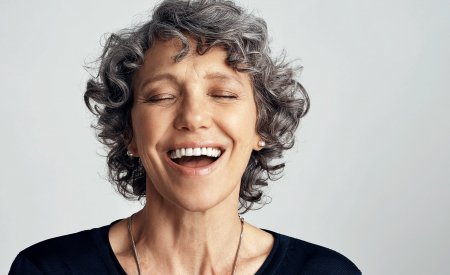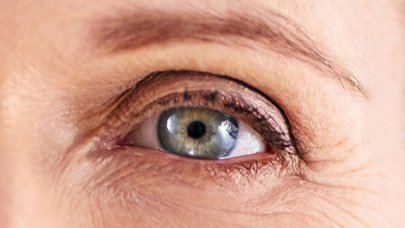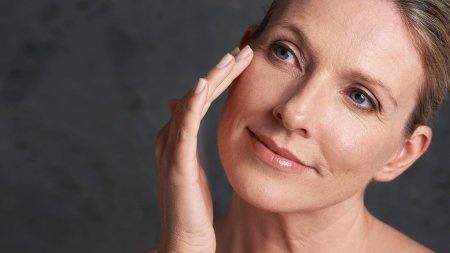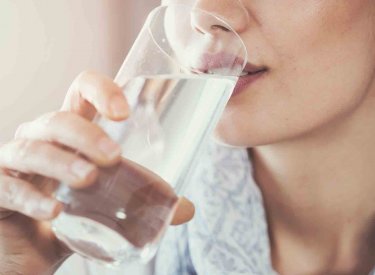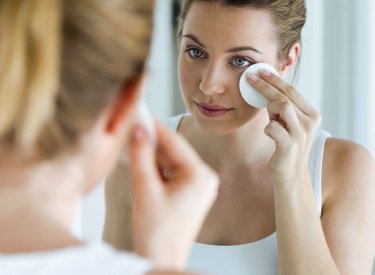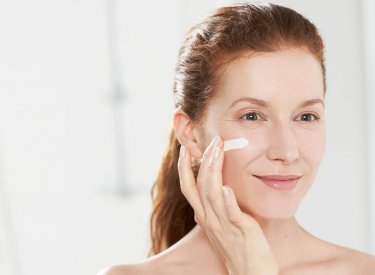In addition to essential sun protection products, several other strategies are recommended, depending on your age. The older your skin, the dryer it becomes and the more it needs hydration and nourishment.
Starting at the age of 30, anti-ageing products help slow down facial skin ageing by filling wrinkles and fine lines. Later in life, products improve the face’s firmness and volume, as well as fighting facial sagging.
Regenerating products are more active at night and people with mature skin should focus on using night treatments, as confirmed by new findings in chronobiology. The human body is a wonderful machine that adapts to its environment. During the day, it fights to survive, and overnight, it recovers and rebuilds itself! The same is true for the skin, and sleep is critical for tissue regeneration.
The more your skin is cared for and regenerated, the better equipped it will be to combat attacks.
